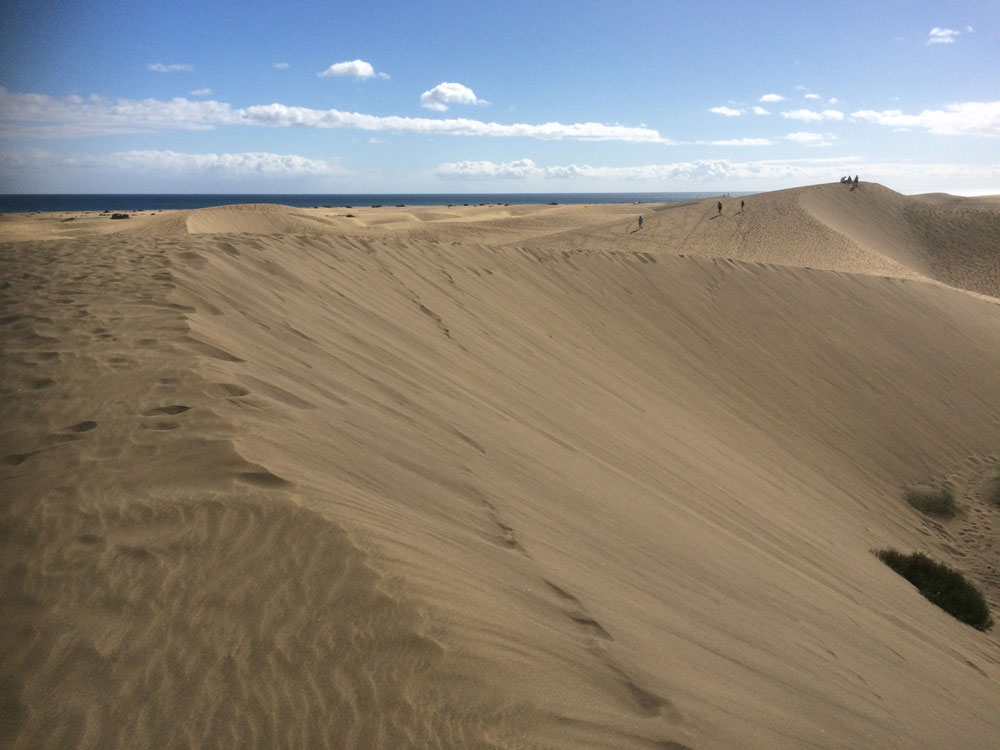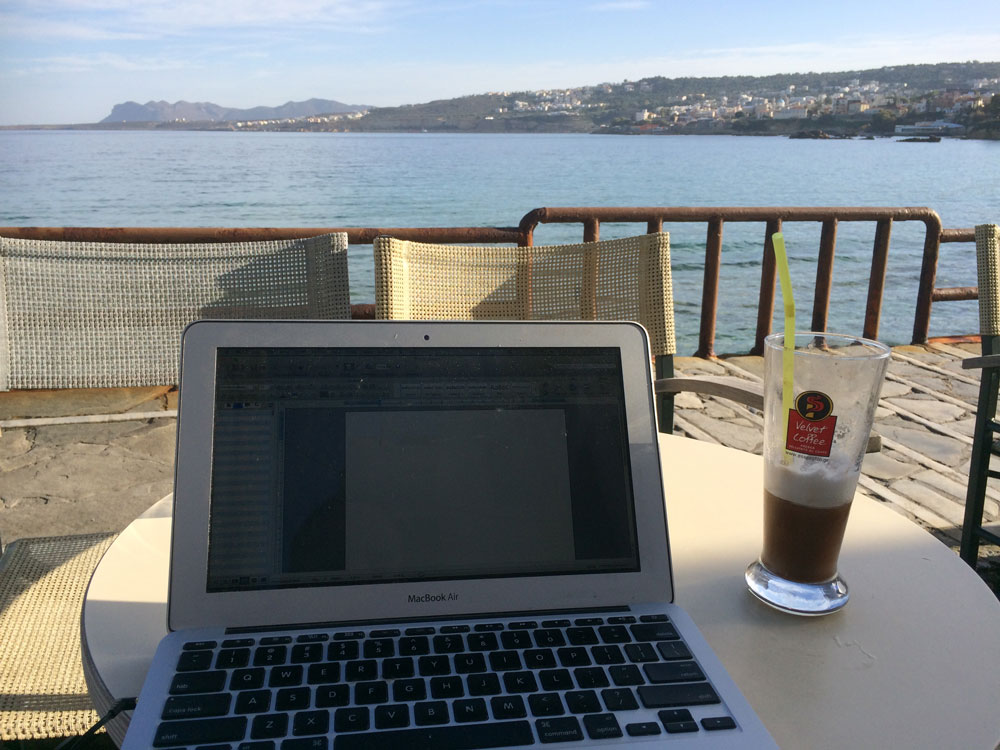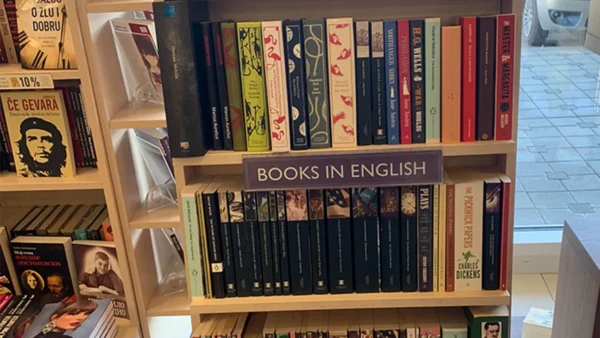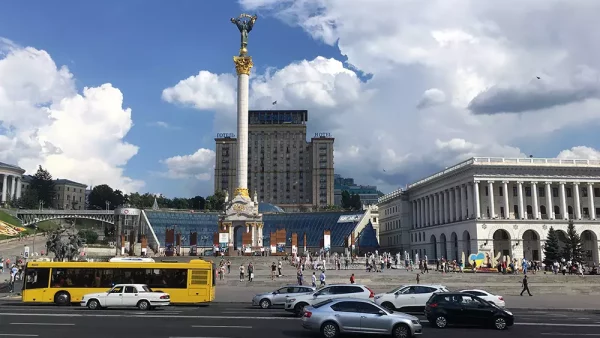As we all know, travel has become a lot easier in recent decades—at least for those of us born into relative privilege and possessing passports that allow us to travel widely. But the flip side of that is that often we don’t know the places closer to home.
As Marco D’Eramo points out in his New Left Review essay Geographies of Ignorance, there’s only so much time in one person’s life. The more time we spend in far-flung locations, the less we spend closer to home. In addition:
“The more we chat by network with remote interlocutors, the less time we have to talk to our neighbours.”
The result is that we may know a lot about a different continent but very little about a different neighbourhood in our own city. Whereas I grew up spending summer holidays at British seaside resorts, many of the younger generations in Britain know the Spanish coast better than their own. As D’Eramo puts it:
“The distance between places is now calculated not so much in kilometres as in the level of expense and inconvenience involved in travel from one to another. In this perspective, New York is nearer to Milan than a Sicilian city like Trapani … The end result of all this spatial disturbance is that our experience of the world is no longer concentric but maculate, like a leopard’s skin.”
Although the insights about the ease of travel are not new or surprising, I love the way D’Eramo expresses them, particularly the image of the leopard’s skin. It was partly frustration at the maculate knowledge I’d built up from one-off holidays that inspired the journey I’m on now, traversing the whole of Europe slowly over several years, constantly moving from region to region, city to city.

By the end of the trip, my knowledge will look a little more concentric, moving out from the UK to encompass every country of Europe and hopefully beyond. But zoom in on that map of Europe, and the gaps will reappear. I will have visited every country in Europe, and will have covered most of the regions and major cities in each country, but I can’t possibly visit every town, every parish, every oblast and arondissement. Zoom in, and the unity disappears, the map fragments. In travel as in reading, completism is impossible—the world is too big, and that’s one of its charms. Even when I think I’ve been everywhere, there will still be more places to go.
My one quibble with D’Eramo’s essay is that he doesn’t give the caveat I mentioned at the beginning, about privilege. I think it’s important to remember that for most of the world’s population, their knowledge is still concentric. Poverty keeps them trapped in small circles where even the nearest city may be beyond reach. And even when they have the resources to travel farther, they may fall foul of visa requirements and other restrictions that don’t apply to Westerners. For them, the “expense and inconvenience” calculation may work out very differently. Also, there are people in rich countries who can’t afford even the reduced cost of global travel, and their maps will look similarly concentric. But for a certain demographic, I think his analysis is spot on.
Does your travel map look like concentric or maculate? Like a circle or a leopard’s skin? If you have gaps in your local knowledge, do they bother you or not?




There are 2 comments
I’ve not had many opportunities to travel so I can relate to the questions you pose here. The up-side has been that I got to know the southern parts of the province I’ve grown up in. I had to have a car, to work jobs that required I be there earlier than the public transit system ran, so I did have a vehicle and a driver’s license, and I drove everywhere that I could drive to in the time I’d have off (a couple of days, which meant no destinations more than eight or ten hours away). Sooo many one-store towns, conservation areas, gravel roads, bizarre museums, trees and rocks and marshes.
Now living in Toronto, my partner and I rarely travel out of it, but fortunately there are so many enclaves to explore here that we’re still not bored with it. Sometimes I think that I really would rather know one place really well, especially given that Toronto offers peeks at so many other cultures (more than 50% of the people who live here were born in another country), but then I guess I kinda have to tell myself that, at this point, eh? 🙂 If things had been different, I probably would have enjoyed a different kind of exploring; I think your experience of travelling and freelancing sounds pretty great.
Hi Marcie, I know what you mean about knowing one place really well. When I lived in New York and London, I used to love taking the subway/tube out to a new neighbourhood and just exploring. They were both so huge and diverse that no matter how much I explored, there always seemed to be more out there to discover. I also love the sound of your road trips around the south of your province.
I suppose it’s a bit like reading: some people prefer to read widely, while others want to cover a single author or subject comprehensively. And no matter which camp we’re in, we can’t help wondering what it would be like to be in the other one 🙂